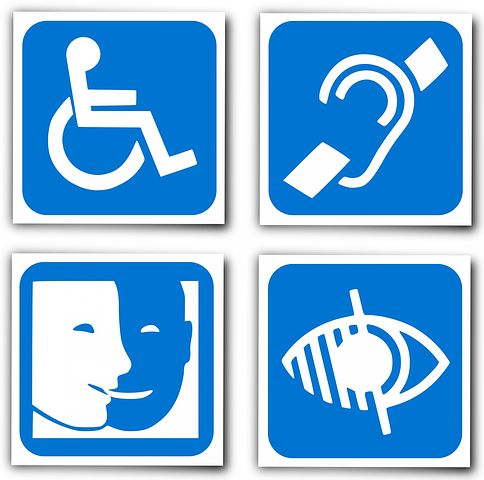
Protecting people with communication disability from modern slavery
Purpose: The 2030 Agenda for Sustainable Development identifies the need for inclusive societies and justice for people who experience, or are at risk of experiencing, modern slavery. The primary objective of this commentary paper is to consider current research and practice in relation to the protection of people with communication disability from modern slavery. The paper considers the role of SLPs in developing and disseminating accessible information to help achieve decent work and economic growth (SDG 8) and peace, justice, and strong institutions (SDG 16).
Result: This paper considers five areas for protecting people with communication disability from modern slavery: (1) accessible information, (2) advocacy, (3) rights-based approaches, (4) improved understanding about access to services, and (5) education. Practice examples are discussed across each of these areas, with a focus on accessible information.
Conclusion: This commentary asserts that information about modern slavery must be accessible so that people with communication disability experience inclusion, safety, and justice. SLPs are well placed to implement communication strategies, such as accessible information, to help protect people with communication disability from modern slavery. This commentary paper focuses on SDG 8 and SDG 16 and also addresses SDG 1, SDG 3, SDG 4 and SDG 10.
